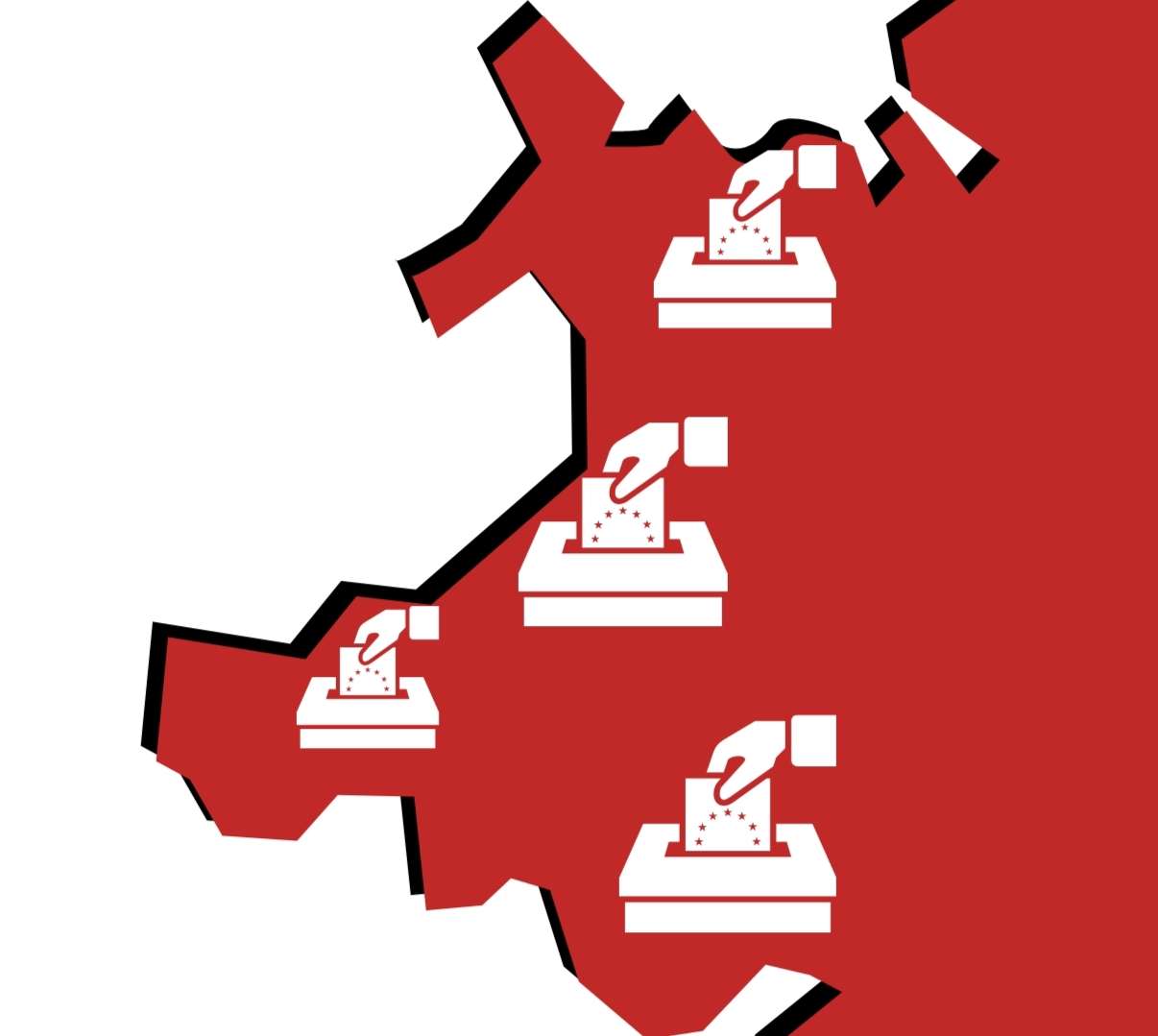Today is a day to commemorate the fallen, and also to reflect on the countless lives lost through the many wars that have raged across the World, from the first and second World Wars to more modern conflicts like Iraq, Afghanistan, Ukraine and Gaza, not to mention the civil wars in Yemen and the majority of Africa.
While we pay our respects, pray for the heroes and brave soldiers who fought and sacrificed themselves for us during our darkest days, both in the skies, in the water and on the land, we should take a little time to reflect on the impact of war, not just on the soldiers and those who fought to protect our freedoms, but also on the ordinary people who are implicated into conflicts that they have no control over. The sacrifice of those people is harder to bare when we consider them as grandparents, children, mothers and fathers, facing truly unimaginable pain and uncertainty in the face of total destruction.
I am reminded of the archival footage from the many documentaries that depict the faces of Parisians as the Wehrmacht marched into the city on June 14th 1940. They were filled with anguish, grief and hopelessness as they watched the young, emboldened German soldiers in grey uniforms taking over their beloved city, marking an era of occupation under Nazi dictatorship. I am also reminded of the moment allied forces liberated Paris four years later. Parisians lined the streets in their hundreds, welcomed British and US troops with open arms, cheering them on to Berlin. It was a moment of sheer euphoria for France after facing four years of darkness under Hitler’s iron-fisted rule.
We can only imagine the feeling of Ukrainian men and women who have watched Russian troops occupying their towns and cities in much the same fashion as Germany in 1940. In the Middle East, Palestinian civilians face much the same predicament as they witness Israeli tanks and troops occupying Gaza, forcing them back into the very corners of the land they call home. They are not responsible for the actions of Hamas, and yet they suffer just as much for acts they had no control over.
War has many knock-on effects from economic gridlock, delayed trade and commerce, but most significantly, the loss of innocent life. Time and time again, war has left broken people in its wake, rubbing dust from their eyes and looking for some safe place away from the fighting.
In 2022, Ukraine was invaded by Russia, signalling the first major conflict in Europe since WWII. Russian forces stormed across the border into Ukraine, and within a short matter of time, the international community had condemned Russia and rallied behind Ukraine, promising military aid to defend itself from the invaders. Two years later, we are seeing no immediate end to the conflict despite international backing, but the loss of life continues to mount.
In October 2023, Hamas committed a violent act of terrorism at a festival site in Israel, killing innocent young festival-goers and taking many hostage. The actions of Hamas were indefensible and were seen as such by the international community. But it has been made quite clear that Israel’s response was disproportionate, with violent airstrikes, a major ground invasion of the Gaza strip and the subsequent deaths of nearly 40,000 innocent civilians.
Yet we see a similar narrative unfold in regards to war, that as long as we have enemies abroad, we will strengthen our defences and be ever ready to defend ourselves from the threats overseas. How then do we ensure we use those defences to minimise risk to innocent life? How can we agree as a global civilisation to downscale the severity of our arms and the potential destruction we can inflict on each other?
After all, we are all one race – the human race, and while we take the time to respect the veterans and our armed forces for their service to our country, we must think of all those children in Ukraine and Gaza, displaced by modern warfare, uncertain of their futures, calling for an end to invasions that have left them in total despair.
Please donate here: Support Carmarthenshire News Online Thank you for supporting independent journalism and contributing to the future of local news in Carmarthenshire. Carmarthenshire News Online has been dedicated to providing unbiased and trustworthy news, free from commercial or political influence. By donating as little as £1, you can help ensure the continuation of this important source of information for the community. Your contribution will have a significant impact on the sustainability of independent journalism. If you're looking to enhance your brand's visibility, we also offer advertising opportunities on our Livestream and podcasts. Our special offers provide excellent value for reaching our engaged audience. To learn more about these opportunities and to discuss your advertising needs, please feel free to call or text us at 07308598604. Thank you again for your support, and together we can ensure the availability of quality local news for Carmarthenshire and beyond.
Please donate here: Support Carmarthenshire News Online







